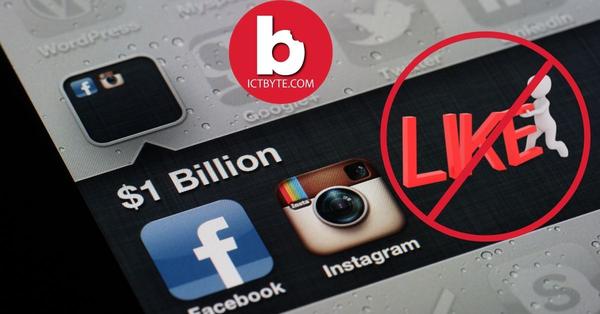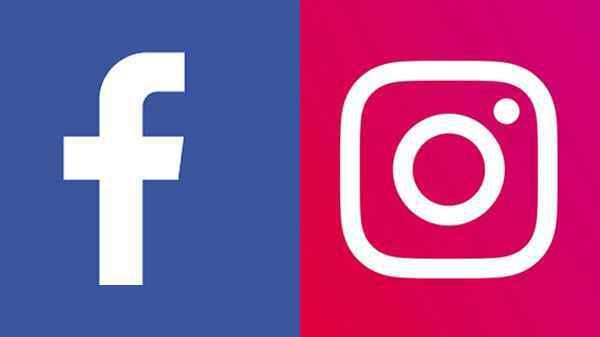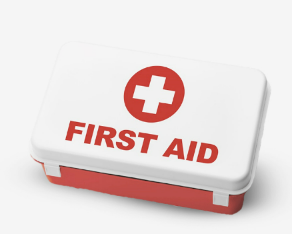Facebook and Instagram now let you hide likes. Here's how to do it
Starting Wednesday, all Facebook and Instagram users will have the option to hide the number of likes their posts get from the public and to choose whether they can see like counts on all posts in their feed. The company says it's doing this to "give people control over their experience" using the social networking platforms.
Instagram started to test hiding the number of likes posts get around the world in 2019, in an effort to curb some users' anxiety around how "popular" their content is in comparison to others'. You'll still be able to see how many likes your own posts get.
"We tested hiding like counts to see if it might depressurize people's experience on Instagram," the company said in a blog post. "What we heard from people and experts was that not seeing like counts was beneficial for some, and annoying to others, particularly because people use like counts to get a sense for what's trending or popular, so we're giving you the choice."
Here's how to hide likes on your own posts or on content you see in the feed.

How to hide likes on your Instagram and Facebook posts
You can hide like counts on your own content before or after sharing. On Instagram, select the three dots in the upper right corner above a post, then hit "Hide Like Count." This setting can be turned on or off anytime. This control will come to Facebook in the next few weeks, the company says.
How to hide likes in your Instagram feed
To hide like counts on other people's posts on Instagram, go to the new Posts section under Settings. Then, hit the toggle next to "Hide Like and View Counts." This will apply to all posts in the feed. This option will also come to Facebook in the coming weeks.
Why the changes?
Instagram head Adam Mosseri has said hiding likes could reduce users' anxiety and stress, while some critics have felt the move is simply a matter of risk mitigation in the face of intense scrutiny against the companies. Advocacy groups and lawmakers have long criticized Instagram and parent Facebook for harboring harmful content and fostering anxiety and depression, particularly among younger audiences. A 2017 report by the UK's Royal Society for Public Health found that Instagram is the worst social media platform for young people's mental health.
Some studies have also found that social media platforms can indirectly take a toll on users by increasing their exposure to bullying and cutting back on their sleep and exercise. Reports earlier this year revealed Instagram is planning to launch a platform for kids under 13, stirring up more criticism from child health advocates who are concerned about threats to children's online privacy and their mental well-being.
"What one person wants from their Instagram experience is different from the next, and people's needs are changing," Instagram said in its blog post. "We've been working closely with third-party experts to better understand how to empower people, build self-awareness and shape a more positive experience on Instagram."
See also: How to take your best ever photos with your iPhone or Android phone



